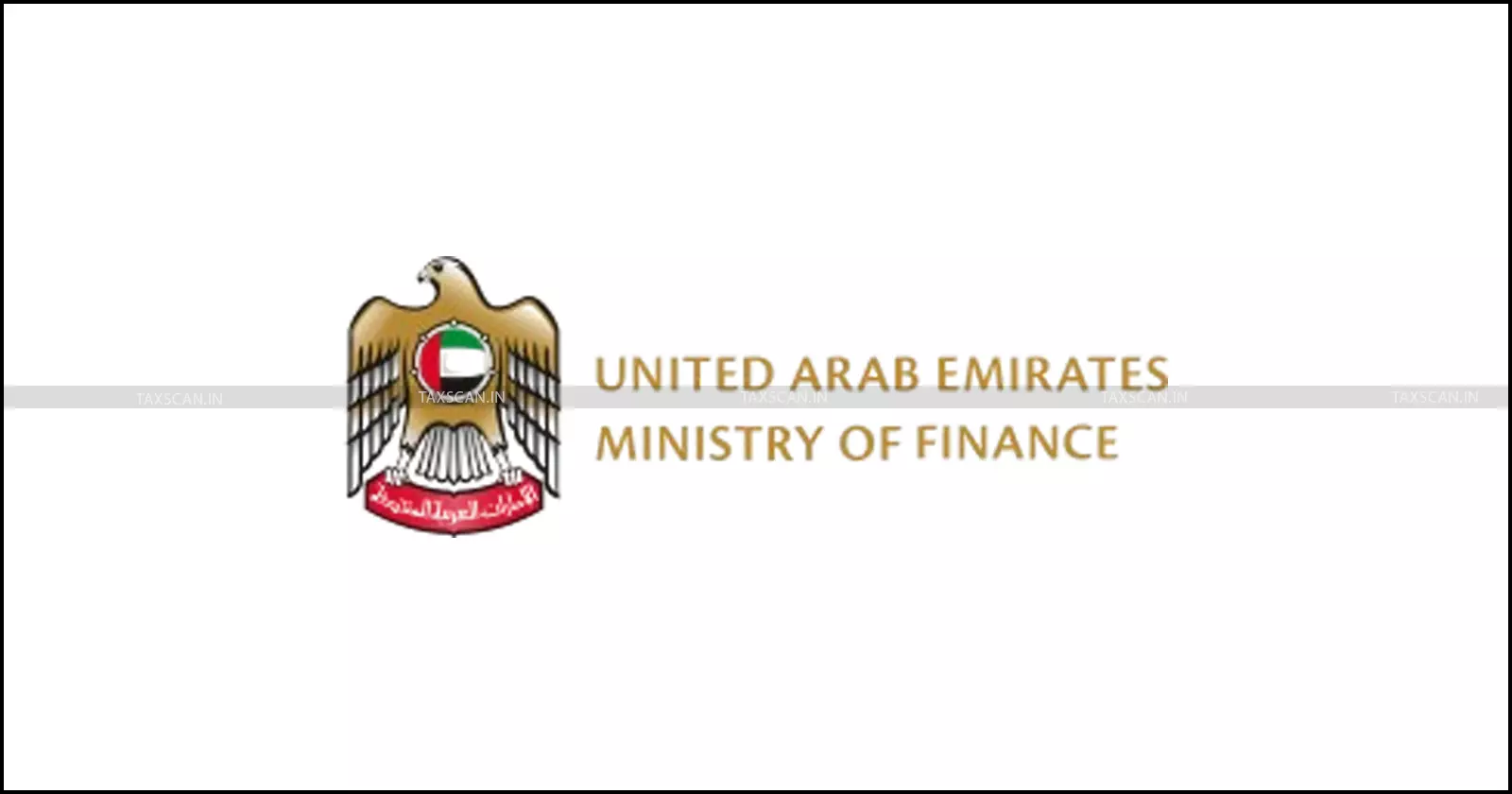UAE Ministry of Finance proposes Legislative Amendments to Implement Updated Excise Tax Policy on Sugar-Sweetened Beverages
In a statement, the Ministry said the initiative forms part of its broader strategy to modernize the legislative framework, enhance tax efficiency, and ensure alignment with international best practices

The Ministry of Finance has completed a set of proposed legislative amendments to embed the UAE’s updated excise tax policy on sugar-sweetened beverages (SSBs) into national legislation, aligning with the Gulf Cooperation Council’s (GCC) unified tax directives.
The amendments will operationalize the GCC’s recently approved tiered volumetric model for SSB taxation, which takes effect across the UAE from 1 January 2026.
The move follows the issuance of Federal Decree-Law No. 7 of 2025, which amends the Federal Decree-Law No. 7 of 2017 on Excise Tax. The updated law empowers the Cabinet, on the Minister’s recommendation, to set excise tax rates as either a percentage of the excise price or a fixed amount per unit of measurement, capped at 200% of the excise price or AED 100 per unit. This flexibility enables the application of differentiated rates based on sugar concentration or other sweeteners.
The Ministry explained that the proposed framework aims to create a balanced and competitive excise environment by introducing clear legislative mechanisms that support fair implementation of the new model. It also accounts for the operational challenges businesses may face during the transitional period.
A key feature of the amendments is the introduction of deductible tax relief for taxable persons who imported or produced SSBs subject to the current 50% excise rate prior to the new model’s implementation. If their tax liability decreases under the updated scheme and the goods remain unsold, they may claim a deduction corresponding to the reduction in the applicable rate. This transitional provision is codified under Article 16 of the amended law, which broadens the definition of “deductible tax” to cover such cases.
Additionally, the amendments strengthen compliance mechanisms, clarify registration and warehouse-keeper obligations, and reinforce the Federal Tax Authority’s oversight powers. These changes are designed to ensure seamless enforcement of the revised policy and consistency across GCC implementing states.
According to the Ministry, these reforms underscore the UAE’s commitment to sustainable public health policy and fiscal responsibility, encouraging the reduction of high-sugar consumption while maintaining a predictable business environment. Once ratified, the amendments will provide the legal foundation for implementing the new GCC-aligned volumetric excise system and will be reflected in updated executive regulations before the end of 2025.
Support our journalism by subscribing to Taxscan premium. Follow us on Telegram for quick updates


